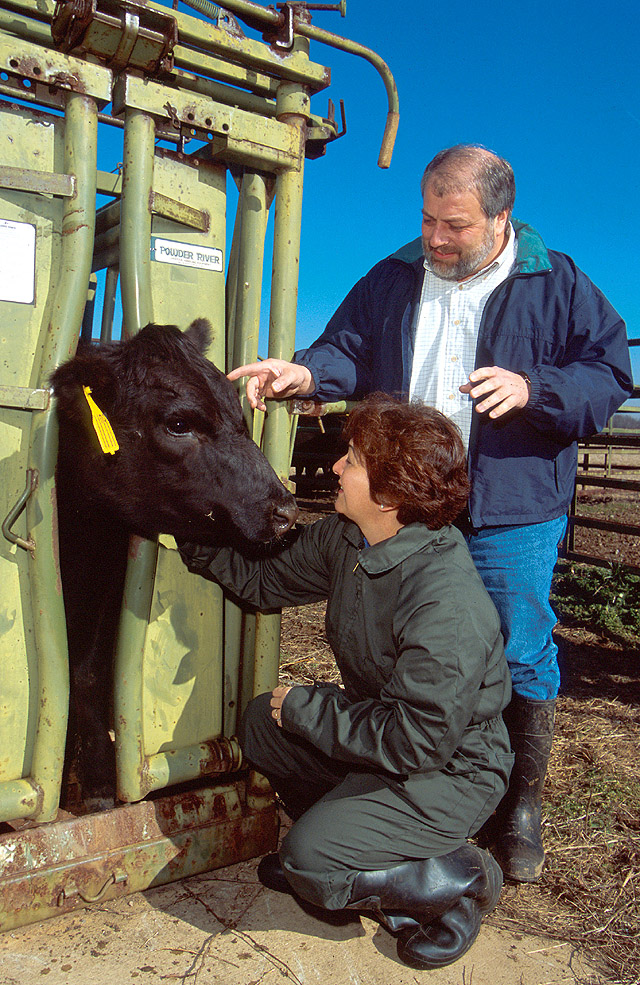We all know that the technology produced from scientific research can make international conflicts more deadly than ever. But can science help stop war?As a perfect complement to yesterday's post, KC Cole takes on Science Diplomacy, elaborating on some of the potential benefits of using science as a public diplomacy tool.
Cole's comments were inspired by a conference hosted by the USC Center on Public Diplomacy last week. Her focus
 is somewhat philosophical, reflecting on the potential for scientific discoveries to generate ideas that promote cosmopolitan attitudes, and says less about the potential of professional exchanges.
is somewhat philosophical, reflecting on the potential for scientific discoveries to generate ideas that promote cosmopolitan attitudes, and says less about the potential of professional exchanges.Science can eliminate many of the irrational fears that drive the worst of human behaviors. We no longer burn mentally ill people at the stake for being possessed by demons, or slay maidens to change the course of wars or weather. (Can science find ways to eliminate our often irrational fears of each other?)I admire her optimism, but I think her question overlooks the fact that many fears, while not entirely rational, are more than justified. Not to mention that plenty of unpleasant human behaviors aren't driven by fear, but by impulses that seem perfectly rational to the actor whose beliefs derive from different assumptions than our own. Science certainly has a lot to offer curious human beings, but I'm skeptical about its ability to generate sweeping change to international conflicts. Then again, I never thought I'd see a crustacean on a treadmill, so clearly my scientific imagination could be expanded.
No comments:
Post a Comment